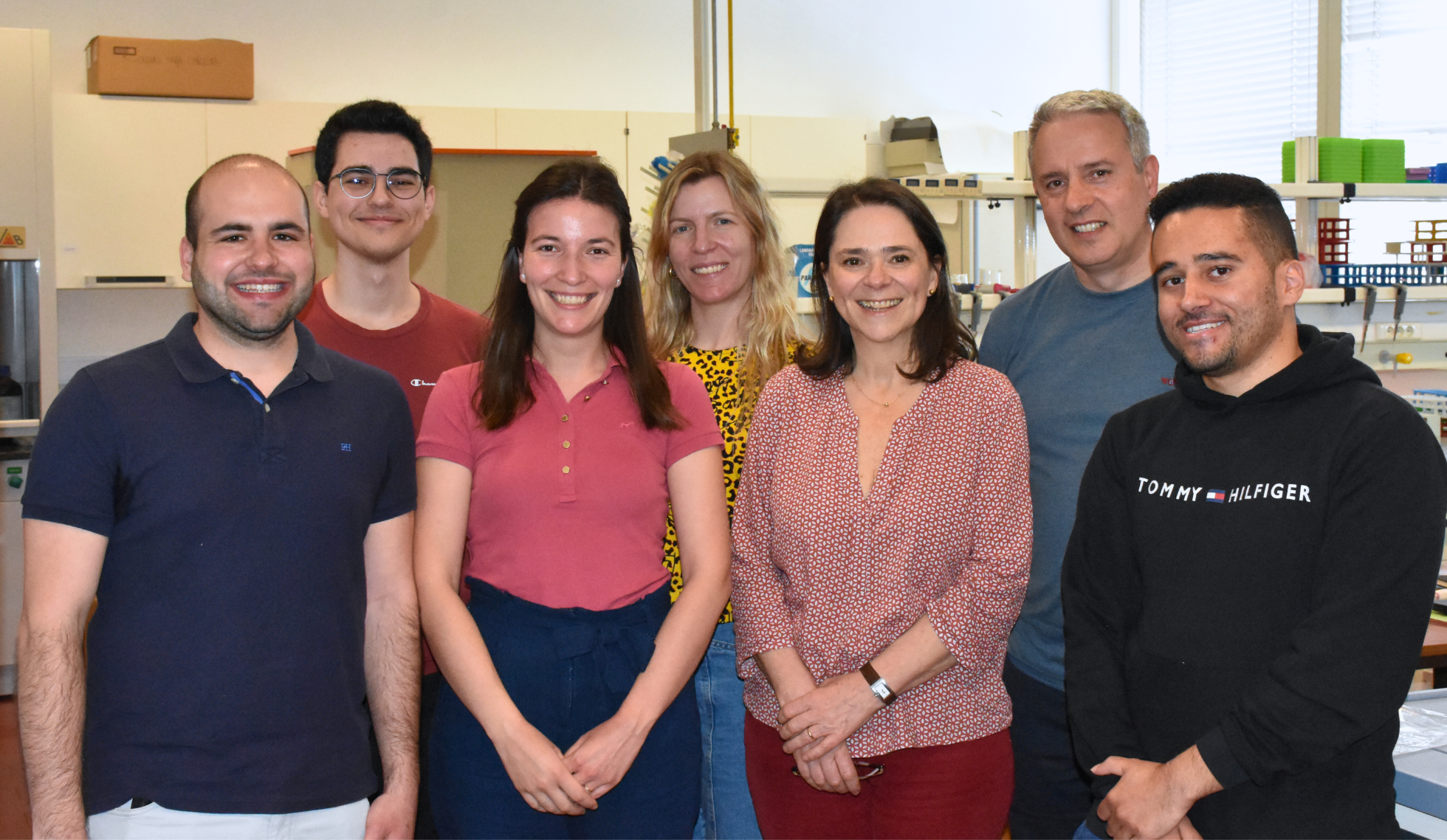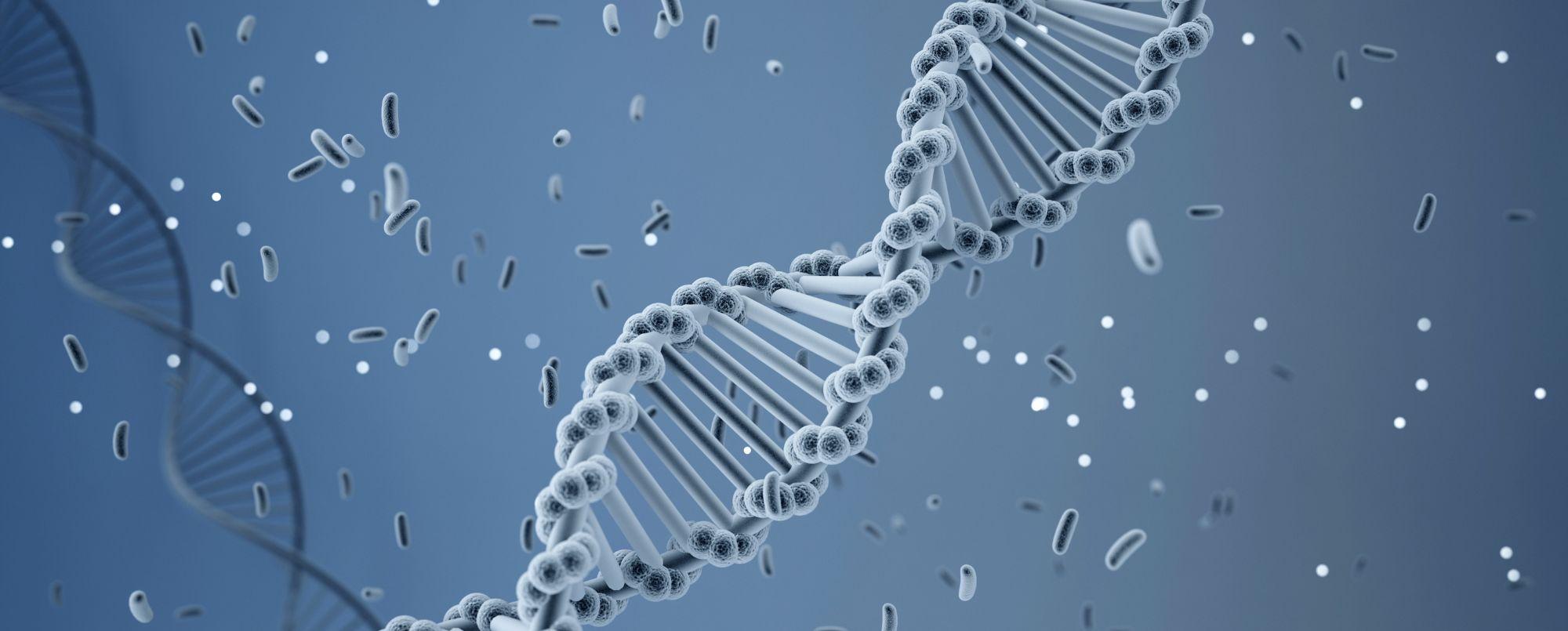The Genomics and Evolutionary Ecology of Microorganisms group aims to further its scope on the evolutionary dynamics of bacterial genomes and metagenomes, focusing on antibiotic-resistant human pathogens, bacterial persistence, and environmental adaptation.
The main objectives of our research group encompass the following:
- To identify and perform the genomic characterisation of conjugative plasmids (CPs). We have recently explained CPs’ existence with computer models based on CPs’ harmful behaviour when their hosts compete for habitat and resources through plasmid transfer. We will investigate the ubiquity of this type of plasmid behaviour and study the possible adaptive advantage of hijacking antibiotic-resistance encoding genes in this system;
- To understand how genome plasticity, mediated by mobile genetic elements, contributes to microbial communities responding to stress conditions such as exposure to antibiotics or anthropogenic contact and adapting to the environment;
- To understand the reoccurrence of Listeria monocytogenes in food processing environments, despite washing and disinfection procedures. This foodborne pathogen is responsible for most human deaths from food poisoning. We will develop a large-scale systematic bioinformatic study to identify the gene networks involved in the reoccurrence of this pathogen in different environments and to study the evolutionary forces involved in the persistence process.
- To identify the causes for the relationship between mother-infant attachment and antibiotic prescription to infants. We also aim to analyse the consequences of this relationship to the spread of antibiotic resistance.
Our contribution to R&D spans various dimensions, and we will continue our efforts towards dissemination and outreach. We will continue to supervise 1st and 2nd cycle students and teach the advanced course “Bioinformatic Analysis of Biological Sequences” offered by CE3C to students from various PhD programmes.

GenMicro Team
















